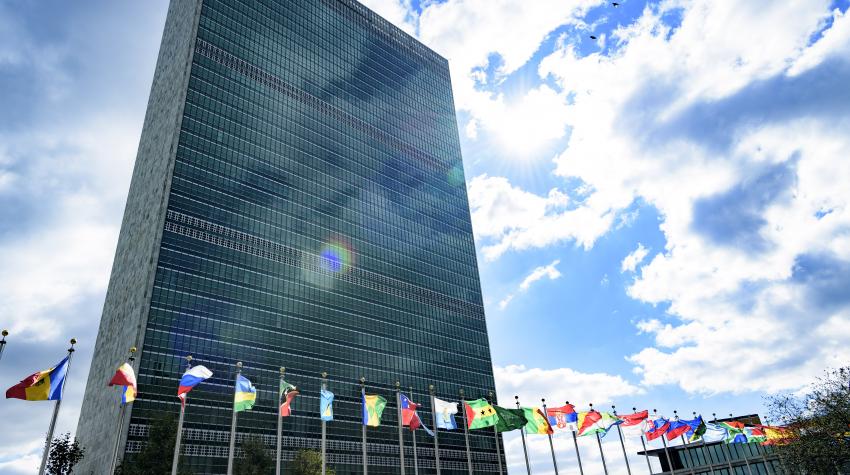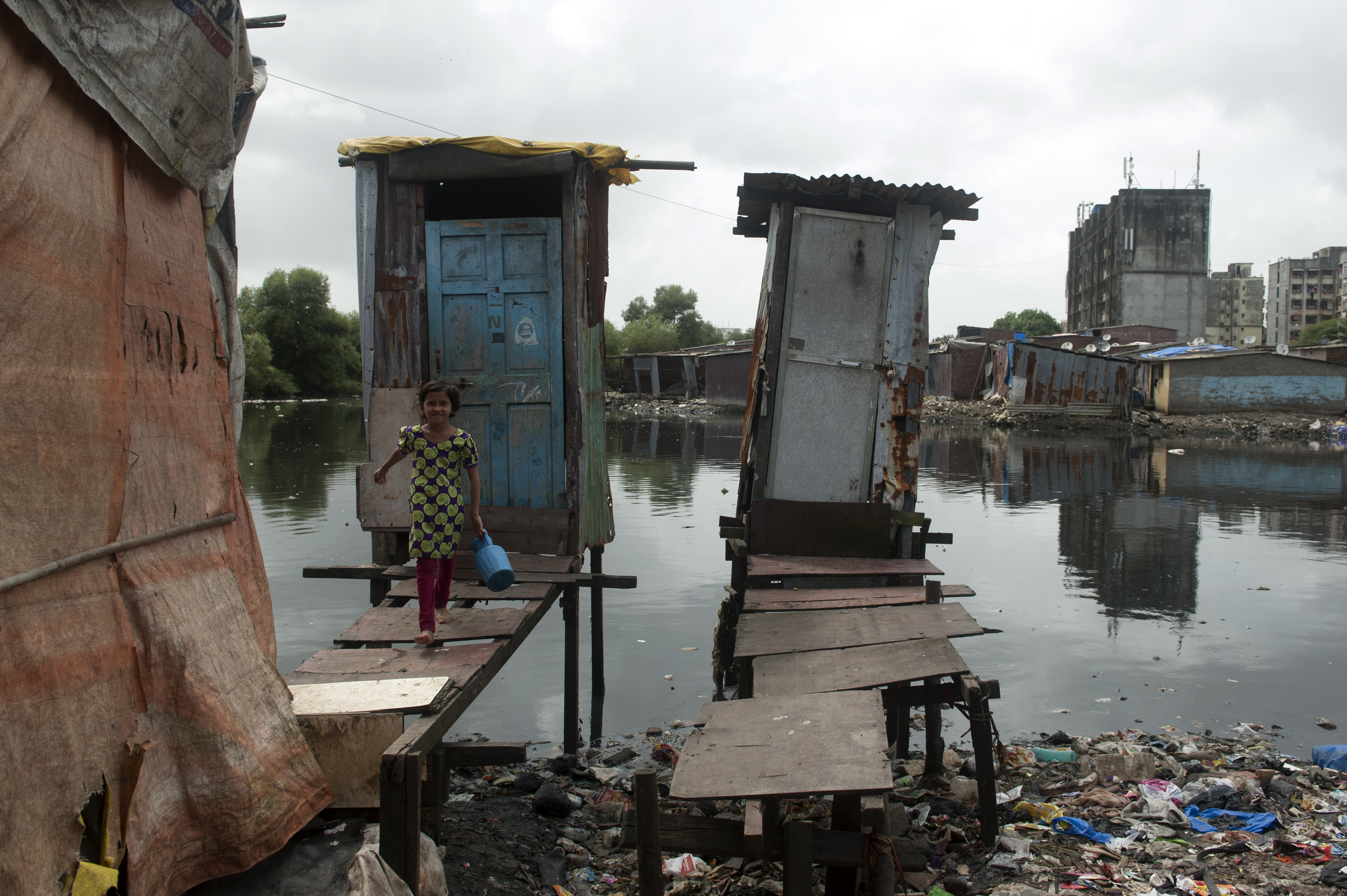International Organization for Migration (IOM)
IOM has been focusing on the complex dimensions of the water-migration nexus through both its policy and operational works. IOM has been raising awareness and persistently addressing environmental migration challenges due to water-related disasters. Within the framework of our policy and advocacy work, IOM resolutely engaged in the international scene to anchor migration-related issues in environmental and climate change policies. This has ensured that environmental and climate change, including water, considerations are now considered in migration policy agendas and that migration issues are taken into consideration in water-related policies.
IOM is committed to the implementation of the 2030 Agenda for Sustainable Development, not only through the provision of technical policy support on migration-related issues in water governance, but also by embodying the principle that “no one be left behind”. IOM recognizes that access to water and sanitation services, paired with hygiene promotion, is life-saving in humanitarian contexts, while sustainable access to water and sanitation services is also critical in the context of resolving displacement situations and building resilience to future shocks and stressors. IOM provides life-saving and longer-term Water, Sanitation and Hygiene promotion (WASH) services directly, as well through partners or coordinating with other actors for an appropriate response. IOM is currently undertakes WASH interventions in 62 countries worldwide, serving more than 13.3 million beneficiaries.




